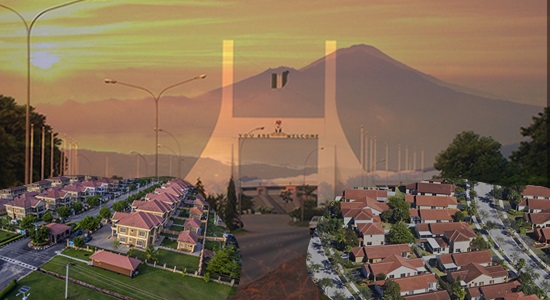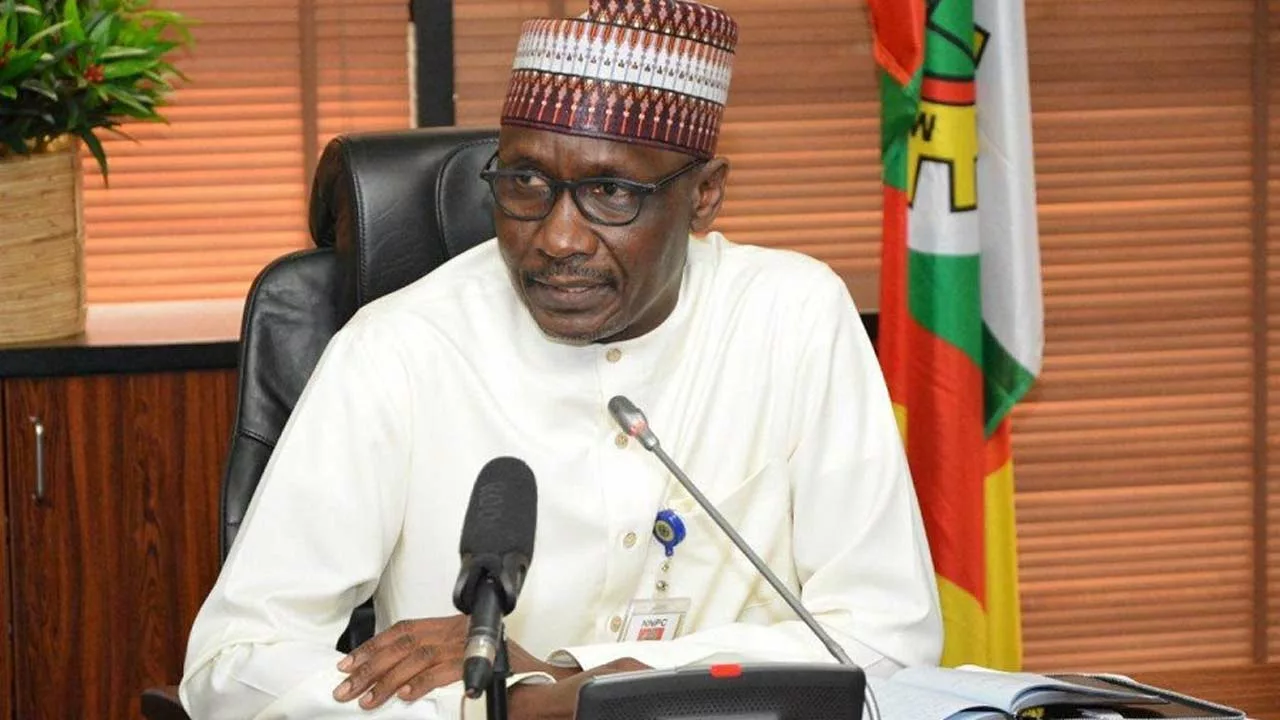Shelter is a basic need of human beings since the beginning of civilisation. From its inception, Abuja, the Nigerian capital was conceived as a centre of excellence to provide the best of modern infrastructure that would define the new Nigeria.
Development of the city started in the 1980s and culminated in the eventual relocation of the seat of power from Lagos to Abuja in 1991. Today, Abuja remains one of the fastest growing cities in the world.
With well planned layouts and wide roads which smoothly link different districts, Abuja is definitely the most beautiful and best planned city in Nigeria. However, beyond the glamour and the gilts which are associated with the city, Abuja also has one of the most serious housing problems in the country. Majority of the workers in Abuja cannot afford rent for a decent accommodation within the city and are forced to commute from places like Ado, Mararaba, Masaka, New Nyanya, and One-man Village in Nasarawa State; Suleja, Madalla, Sabo Wuse, in Niger State, and some communities along the Kaduna Expressway, due to easy access to cheap accommodation.
These communities harbour the largest population of those who claim to be living in Abuja. This also explains why the traffic gridlock along these axes will linger for a long time to come. While several workers commute these distance to work in the city centre, the major districts of Asokoro, Maitama, Katampe, Gwarimpa, Lifecamp amongst others are littered with unoccupied "ghost" houses, completed but left empty for years mainly because they are out of the reach of the average worker. For instance, a modest two bedroom apartment in the city goes for as much as N3million per annum while the same apartment in the satellite towns of Lugbe and Kubwa go for between N700,000 and N1.2 million.
The high cost of houses in Abuja is so high that most residents of the city will remain perpetual tenants. For example, an average three bedroom bungalow in Gwarimpa, Lifecamp or Lugbe sells for as high as N20 million, while 3-4 bedroom terrace apartment or duplex go for as high as N90 million depending on the location and finishing.
A recent report credited to Microsoft founder, Bill Gate, states that only about 2% of Nigerians earn above N100,000 in a month. With a near absence of an effective mortgage system, the implication is that very few Nigerians can afford to buy a house in the city from legitimate income. Many factors are responsible for the ugly situation.
First, some housing experts blame the situation on developers who focus on building luxury houses for the few elites rather than delivering mass housing which are in greater demand. This absurdity is represented by the fact that unaffordable luxury homes and apartments constitute over 85% of houses in the FCT.
Corruption is also another factor. Many see the property market as a safe haven for investing their ill-gotten wealth. They use their loot to build exotic houses and are not bothered whether these houses remain unoccupied. This is very obvious as nobody will spend his hard-earned income or bank facility to build a house and leave it unoccupied for years.
Over-concentration of development at the city centre is also another factor which must be looked into. A situation where development projects are concentrated at the centre while the satellite towns are abandoned must be corrected. The government may also consider moving some ministries and agencies outside the city to the satellite towns to encourage the development of those areas and reduce the pressure on the centre.
With an estimated 1.7 million housing deficit in the city, the government must change its tactics in tackling the problem. The Federal Capital Territory Authority, FCTA, must carry out an audit of unoccupied buildings and estates in the city. Such audit will help in identifying the original owners and the source of wealth for building them. Developers must also review their focus in line with the reality on ground. The era of free money in Abuja is over. They must, therefore, develop houses that can be purchased through legitimate means.
The government on its part should also take steps to encourage the mortgage system in the country. This will allow civil servants and other workers to acquire houses without having to accumulate the whole money in lump sum.













